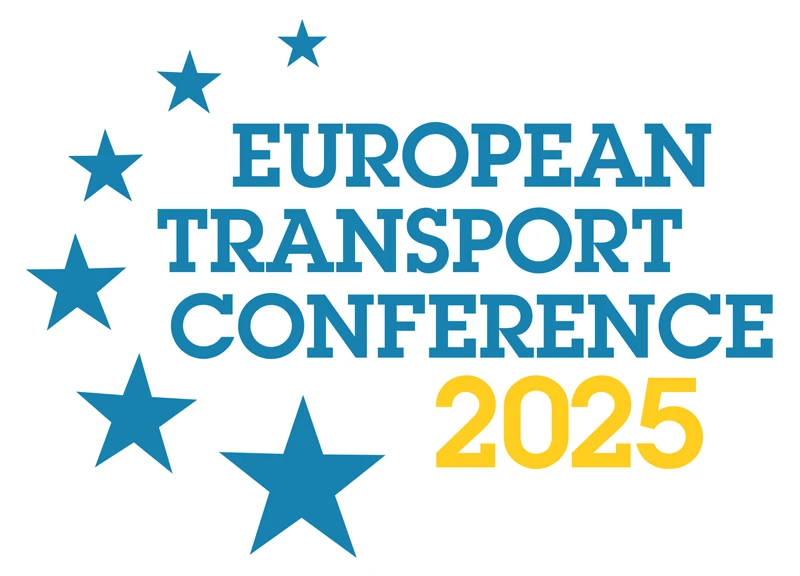-
Past ETC Papers

Browse, search and view papers from the past AET Conferences.
-
Members' Area

AET promotes networking and exchange of ideas, information and opportunities amongst members.
Conference Papers 2023
Milan, Italy
ETC Conference Papers 2023
Agglomeration after Covid – the potential impacts of remote working on agglomeration effects and the benefits of transport improvements
Seminar
Day 1 (6 Sep 2023), Session 1, Wider Economic Impacts: Continual Evolution, 10:30 - 12:30
Status
Accepted, documents submitted
Submitted by / Abstract owner
David Simmonds
Authors
David Simmonds, Allanfield Consulting, Scotland
Milla Hamunen and Iven Stead, Department for Transport, UK
Short abstract
This paper reviews the processes that contribute to agglomeration benefits of transport improvements, and considers how these may be affected by the increase in remote working that is generally expected to persist across many sectors and occupations.
Abstract
This paper is based on a project being carried out for the UK Department of Transport, to consider how the agglomeration benefits from transport improvements may be affected by the significantly higher levels of remote working in many sectors and occupations that have been observed, and seem likely to be persist, since the enforced experiments in remote working that took place in lockdown periods during the Covid19 pandemic. The project and the paper build on an earlier review for DfT by James Laird and Eivind Tveter, whose contribution is acknowledged.
Note that “remote working” is used to refer to people working at home (or somewhere near their home e.g. a coffee shop or a friend’s home) rather than commuting to an out-of-home workplace, and to distinguish these from the substantial number of workers who work entirely at or from home. Remote working is explicitly a substitute for travelling to the workplace, typically an office (possibly an office within something else such as a factory or an airport); it may be used nearly all the time (the worker hardly ever goes to the workplace) or only occasionally (the worker commutes nearly every day). Current UK travel patterns suggest that commuting Tuesday to Thursday and remote working on Monday and Friday is becoming common, though current headlines also suggest that the controversies about the relative value of remote working will continue for some time.
Agglomeration effects are generally understood to result from interactions between people leading to higher levels of productivity. Analysis (and most discussion) have focussed on physical interaction and how this may be enhanced by improved transport (or, at the very fine level, by improved design within buildings). It has been suggested that remote working destroys agglomeration effects, because workers are not physically present; but it has also been suggested that it may enhance productivity, by allowing workers time to concentrate on solo tasks (such as writing abstracts for conferences) with less interruption at home, whilst generating agglomeration benefits (through generating and exchanging ideas and knowledge) from more concentrated interaction with others on the days that they are in the office.
The current project aims to consider how remote working may affect the agglomeration benefits of transport improvements (particularly urban transport investment and other interventions). The paper begins by considering the “micro-foundations” of agglomeration effects, i.e. the processes by which it is believed that productivity improvements are generated, noting how much or how little is know about these. Secondly, it considers how these processes may be affected by increases in remote working, under different scenarios (such as coordinated remote working, where nearly everyone commutes Tuesday to Thursday). Thirdly, it considers how these might be modelled, whilst recognizing that the present knowledge is not sufficient to provide all the coefficients required, and that a scenario or “what-if” approach has to be taken to the different processes of agglomeration as well as to remote working itself. Finally, it illustrates this kind of modelling with a relatively simple set of worked examples.
The paper will conclude with discussion of what is and isn’t known about agglomeration, and of what the analysis and modelling suggest as possible implications of remote working for agglomeration benefits from transport improvement.
Programme committee
Transport Economics, Finance and Appraisal
Topic
Funding and financial sustainability – challenges from Covid recovery and energy prices
Documents:

Association For
European Transport
Forester House
Doctors Lane
Henley-in-Arden
Warwickshire, UK
B95 5AW
+44 (0) 15 64 793552
VAT number: 710 1866 64
Conference Supporters & Endorsers




Legal Entity
The Association for European Transport is registered as an Association ('vereniging') with the Chamber of Commerce for Haaglanden in The Netherlands under company number 27170096.
Built on Zenario




